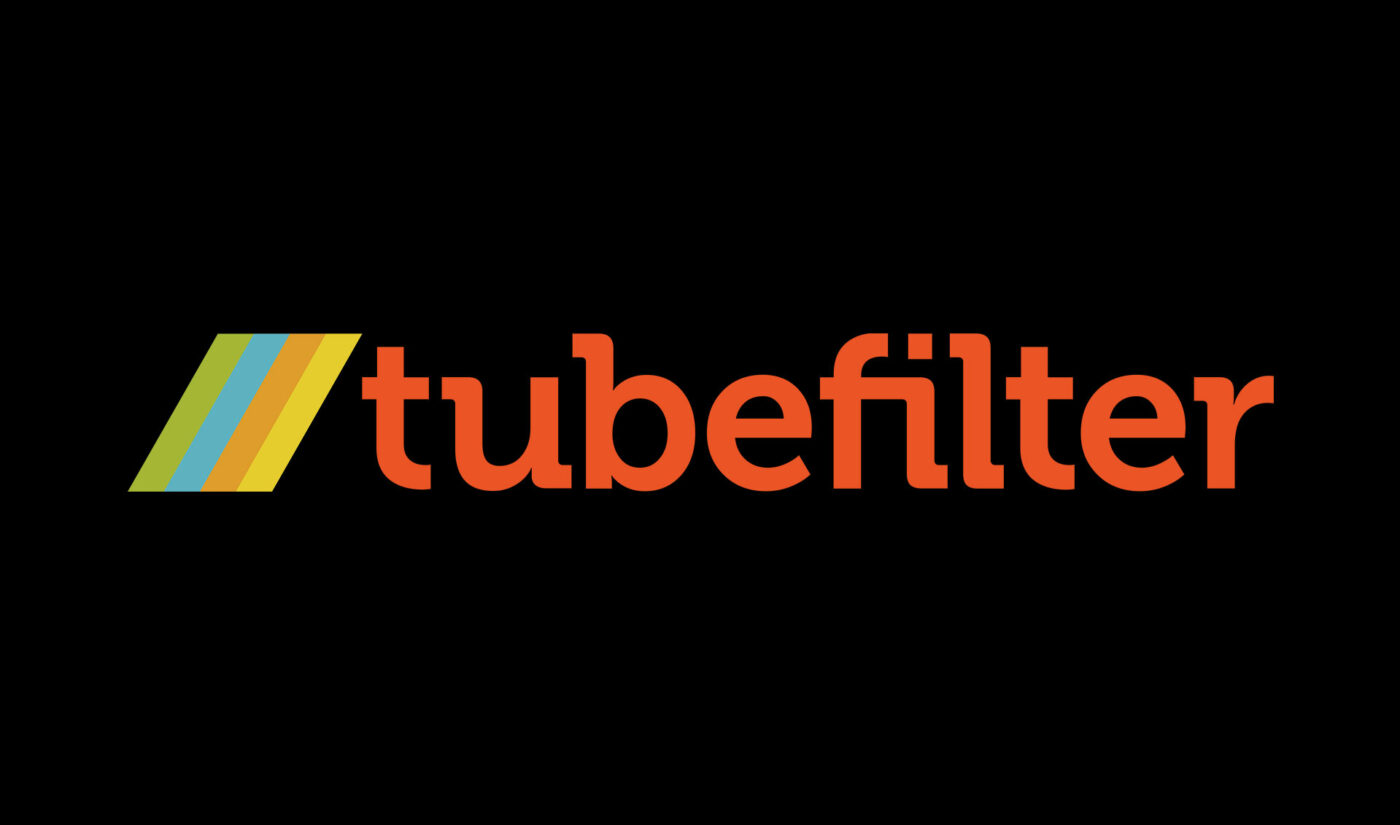You’ve obviously seen that famous MTV logo. You know, the one with the massive classic “M” and the daring “tv. It’s simple and clean, shown its vitality and versatility through a number of promotional campaigns, been a staple of the network since it launched on August 1, 1981, and portended the first paradigm shift in television. Fred Seibert helped to create that. Remember the first thing to air on the Music Television Network? It was that clever promo of the Apollo 11 moon landing montage with the US flag replaced by a hypercolor “MTV?” Fred Seibert helped to create that, too.
He then went on to salvage a then-suffering Nickelodeon, come up with the idea for Nick-at-Nite, become president of Hanana-Barbera Cartoons, start his own cartoon production company Frederator Studios, and co-found the new media entertainment studio specializing in the creation of niche, episodic content, Next New Networks.
Unsurprisingly, the shows on Next New Networks have some kick ass promos. Here’s one:

Subscribe for daily Tubefilter Top Stories
Surprisingly, Next New Networks seems to be the only online content producer concerned with creating promos, let alone making them kick ass. ###
It obviously has everything to do with the extensive traditional television experience of its founders. Seibert’s MTV, and to an extent, fellow co-founder Herb Scannell’s Nickelodeon, were reared on imaginative branding. The success of MTV seemed to grow with every funky fresh application of its logo and each successive exclamation of how much someone wanted their music television, while Nick-at-Nite gained popularity through faux news reports revolving around clips from classic TV. Their executives saw firsthand that the development of a brand is as important, if not more so, than the content itself.
When Seibert, Scannell, and Co. went to the web to create a “new kind of media company,“ they brought with them the old practice of promos, and put Justin Johnson in charge. After being prematurely plucked from San Francisco by Seibert himself to join the Channel Frederator (Tilzy.TV page) team in New York City, the film and programming guru became Next New Networks first creative hire and has been producing roughly one promo a day ever since.
Justin talks in a voice that echoes the experience of his superiors, who are also clearly his mentors – he uses the metaphor, “it’s like being Moses on the mountain when Fred throws down his branding brilliance,” to relate his relationship with Seibert.
Similar to traditional television, Justin tells me that the best spots “remind the folks they’re not just watching another generi-cast, that they’re watching something that is more than just the sum of the programming itself.” Contrary to traditional television, Justin does his best to involve viewer voices in the final product:
“Some of the best promos are ones starring the viewers themselves…[like this one]…TV talks AT the audience. We want the audience to be a vocal, tangible part of the programming, steering us and proving it’s not a top-down kind of organization. The people need power! and if we’re not giving it to them, we’ve failed.”
I recently caught up with Justin at Next New Networks HQ to find out more about his company’s passion for promotion and learn a little bit about the creative process:
You can see Justin’s promos sporadically aggregated on Spot Crunch and sprinkled throughout Next New Networks’ networks. Threadbanger promotes IndyMogul, IndyMogul promotes Epic-Fu, Epic-Fu promotes Viropop, etcetera, etcetera. Viewers find out about new shows, ratings increase, and everybody wins.
If you’ve spent more than five minutes around the internet’s Senior Television Disruptor Analyst, Shelly Palmer you know that the main advertiser on media is….wait for it….media. There’s a reason cross-promotion abounds. It works. The same can clearly be applied to the web.
Other web production houses like Revision3, For Your Imagination, 60Frames and Vuguru can benefit from advertising across their series, and although independent content producers might not have the same access to real estate across a wide array of programming, creating promos to live within their own shows and to travel the web will help to define their messages and get others interested in their content.
In a nascent industry that’s focused nearly as much on evangelizing the medium and attracting new viewers as it is on producing quality entertainment, more people should be creating promos.









